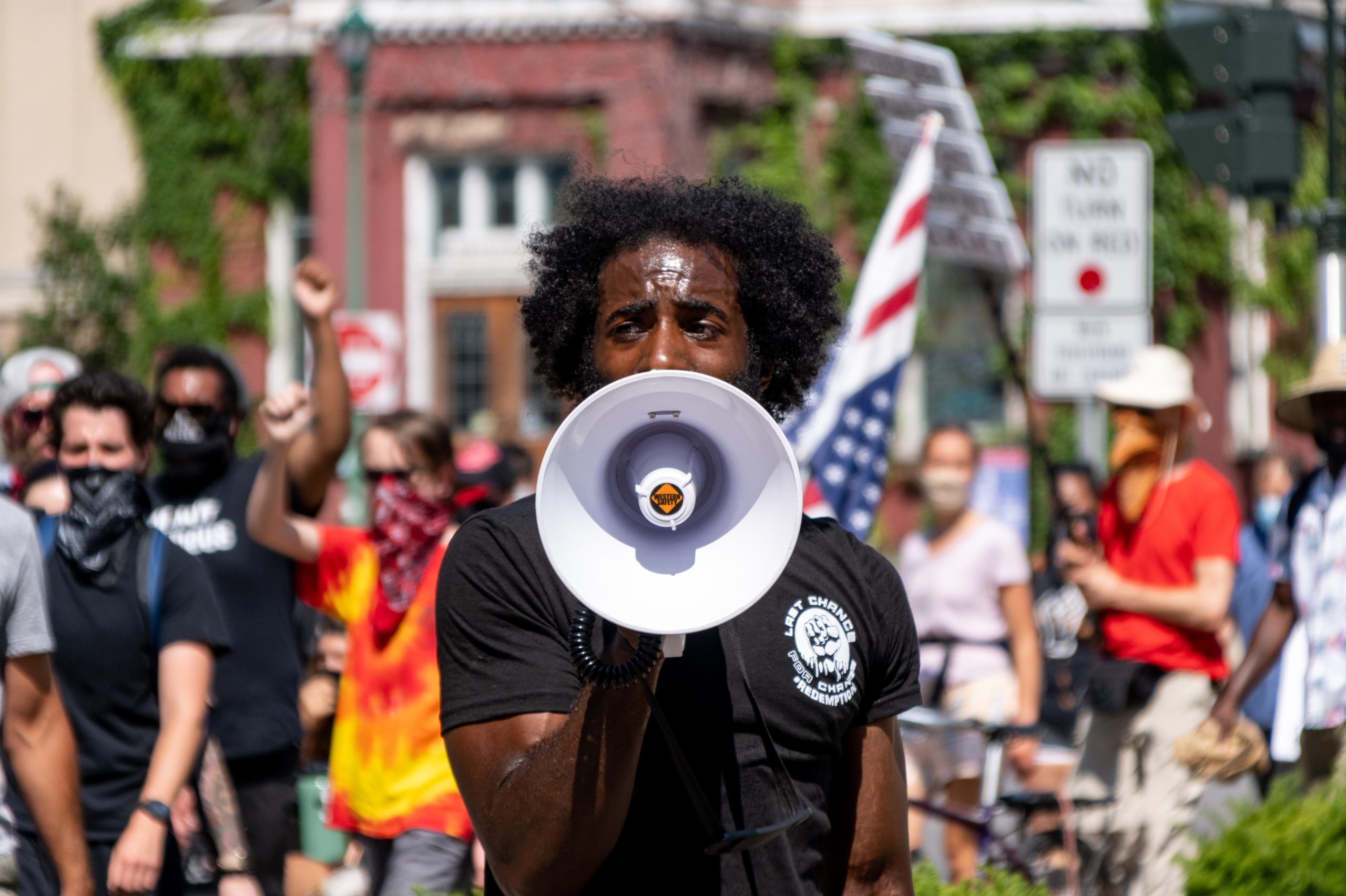
Florida Board of Education Faces Backlash Over Controversial Black History Curriculum Decision
The Florida Board of Education is finding itself at the center of a storm of criticism and discontent after unveiling a new set of standards that dictate how Black history will be taught in public schools. The decision, which was made in Orlando on July 19, has drawn sharp criticism from educators and civil rights advocates, who argue that it stifles essential discussions on racial equity and justice.
The controversy stems from recent legislation that bars teachers from discussing topics that touch on privilege or oppression based on race or skin color. While proponents of the legislation argue that it fosters a more inclusive learning environment, detractors fear that it erases crucial aspects of history and denies students the opportunity to grapple with the complexities of systemic racism.
One of the most contentious aspects of the new standards involves the teaching of Black history in middle schools. According to the guidelines, lessons must now include the acknowledgment of how slaves developed skills that, in some cases, were applied for their personal benefit. Critics argue that this perspective diminishes the harsh realities of slavery and fails to contextualize the profound injustices endured by enslaved individuals.
Additionally, high school students learning about significant historical events, such as the 1920 Ocoee massacre, must now be presented with a comprehensive account that includes the acts of violence perpetrated both against and by African Americans. This mandate has sparked intense debates about how history should be taught and whether certain topics should be glossed over to maintain a sanitized narrative.
Derrick Johnson, CEO of the NAACP, has been vocal in his disapproval of the new curriculum. He asserts that students deserve to be taught the unvarnished truth about the history of Black Americans and the legacy of systemic racism. Johnson passionately emphasized, “Our children deserve nothing less than truth, justice, and the equity our ancestors shed blood, sweat, and tears for.”
Andrew Spar, president of the Florida Education Association, echoes these sentiments and has characterized the decision as a disservice to students. He emphasizes that Florida has required the teaching of African American history since 1994 and believes that the new standards represent a significant step backward. Spar and other educators worry that these restrictions will hinder students’ understanding of the nation’s complex history and impede their ability to engage in critical thinking.
The backlash against the Florida Board of Education’s ruling highlights the ongoing struggle to integrate a comprehensive and inclusive curriculum that accurately reflects the diverse experiences and contributions of all Americans. Civil rights advocates and educators continue to fight for an education system that not only acknowledges the injustices of the past but also empowers students to build a more equitable and compassionate future.




